Below is a viewpoint from the Foresight Africa 2023 report, which explores top priorities for the region in the coming year. Read the full chapter on education and skills.
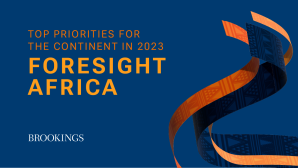 More African children have access to education than ever before. But learning outcomes are low. The World Bank estimates that 89 percent of African children are “learning poor”—unable to read and understand a basic text at age 10 or when they complete third grade. The World Bank coined the term “learning poverty” to highlight the crisis in education and call the world to action.
More African children have access to education than ever before. But learning outcomes are low. The World Bank estimates that 89 percent of African children are “learning poor”—unable to read and understand a basic text at age 10 or when they complete third grade. The World Bank coined the term “learning poverty” to highlight the crisis in education and call the world to action.
Moreover, the COVID-19 pandemic, climate shocks, and conflict left many African children out of school and set them back further in terms of learning losses. But the real challenge facing Africa is the speed by which the population is growing. Today, the continent has half a billion children ages zero to 14, and this number is expected to reach 580 million in 2030. In 2023, Africa will surpass South Asia as the region with the largest zero to 14 population. The size of this young population and the speed of its growth is historically unprecedented, making all efforts to educate children a massive undertaking.
However, the pandemic has taught us some critical lessons. Most important among them are:
- Schools are important spaces, not just for learning, but for socialization and providing equal opportunity for all children to access education.
- While teachers remain the most important input in the learning process, the role of parents is key in laying the path for their children’s future.
- Technology is an enabler; but it cannot replace schools and teachers.
- There is evidence on how kids learn and how teachers can teach better— countries can adapt approaches and don’t have to start from scratch.
Looking ahead and taking these lessons into account, African countries can ensure a stronger, resilient, and more inclusive recovery by focusing on five areas: First, getting children, especially girls, in safe schools and keeping them there. While African countries have succeeded in closing the gender gap in primary education, only 29 percent of children are enrolled in secondary schools at a grade appropriate for their age. Also, a third of teenage girls are out of school making them vulnerable to gender-based violence. Focusing on girls’ education is the smartest investment any country can make. When girls enter safe schools and complete their education, not only will they be able to reach their full potential as women and contribute to their communities, societies, and economies, but they also delay childbirth, have fewer, healthier children, and reduce the pace of population growth.
Second, a push for learning is critical—this can be achieved by ensuring children start school ready, supporting teachers and school leaders, providing learning and teaching material, and measuring performance to ensure children are learning. Children should be able to read and understand a basic text by the time they complete third grade. While reading is the most fundamental skill to succeed in their education and in life, children also need to acquire other sets of skills as they progress in school. This includes socioemotional skills in how to manage complex situations, and practical, relevant skills that allow them to contribute to their societies and economies as adults.
A push for learning is critical—this can be achieved by ensuring children start school ready, supporting teachers and school leaders, providing learning and teaching material, and measuring performance to ensure children are learning. Children should be able to read and understand a basic text by the time they complete third grade.
Technology is not the silver bullet but if leveraged appropriately, it can help accelerate learning, support teaching, measure learning, and support more efficient systems. A push for learning must be coupled with a pull for skills. Parents and employers need to demand from the education system applicable skills that help children continue to learn and succeed in life. That is, economies and societies should pull the system for competencies and not credentials (grades and diplomas).
The third important area of focus is for African countries to ensure a shared vision for their citizens and future generations. This would require a pact by all stakeholders— educators, politicians, leaders, employers, and parents. Education is everyone’s business. This is not easy where interests and ideologies vary. A shared vision requires strong leadership, commitment to roles and responsibilities, and robust governance systems that promote accountability.
Fourth, it is important to sustain structural education reforms that are comprehensive and sequenced even when politically difficult. Piecemeal reforms that keep changing with new governments will limit impact. Education is a long-term process and results take time. Changing policies before they reap their results will delay their impact further.
Finally, African countries need to prioritize education finance and ensure national resources allocated to education are ringfenced against shocks to the economy. Donors and development institutions can provide financial assistance, but the amounts are dwarfed when compared to what national resources can contribute. Recent shocks have put pressure on the fiscal situation of most African countries. Seeking to create greater efficiency in public spending is important, but it should not come at the expense of much needed financing for education.
I believe that the vision of Africa, powered with universal access to clean energy; a connected Africa with universal access to broadband internet, roads, and infrastructure; a healthy Africa with universal access to health, water, and sanitation; and an economically booming Africa with a thriving private sector can only be attained through investments in education. Only when we give Africa’s children and youth the foundations for learning and skill building, can this rich continent prosper.
The Brookings Institution is committed to quality, independence, and impact.
We are supported by a diverse array of funders. In line with our values and policies, each Brookings publication represents the sole views of its author(s).

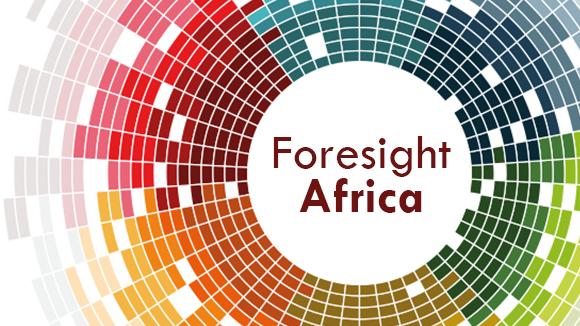
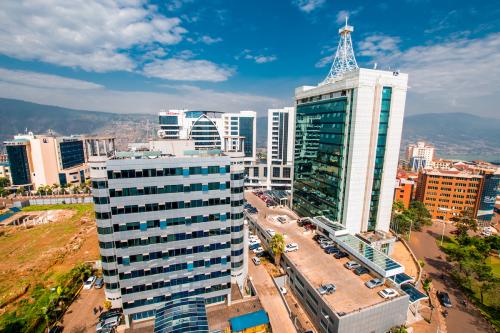
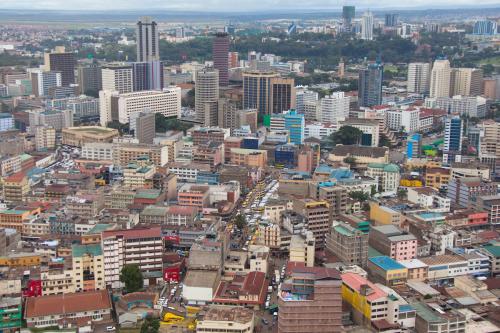
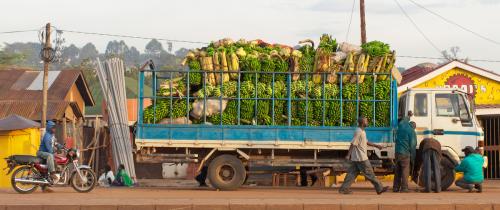


Commentary
To prosper, Africa’s children and youth must learn
August 17, 2023